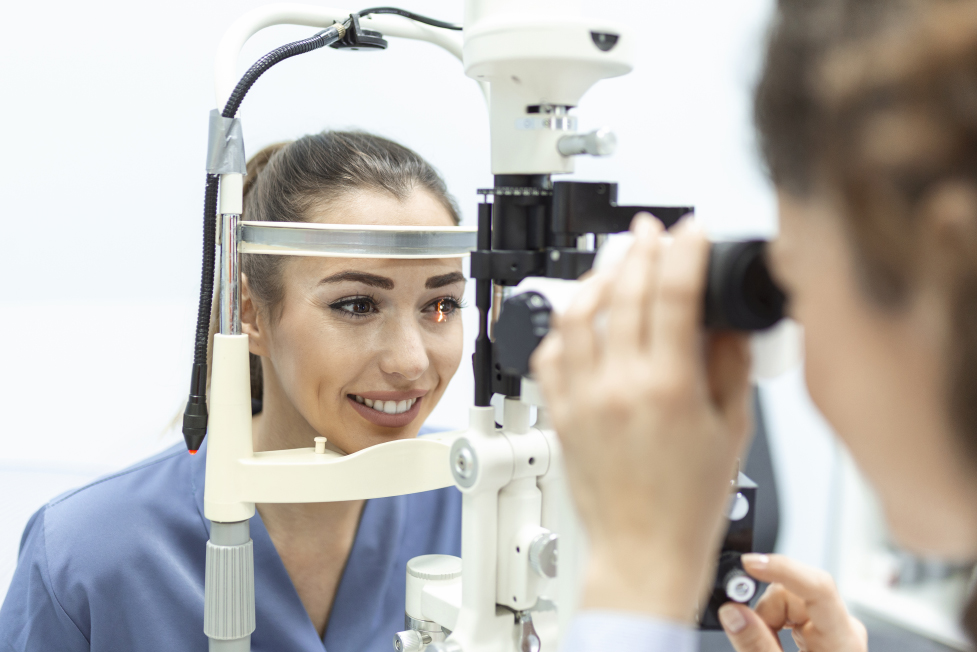For most people, our eyesight is our primary way of experiencing the world around us. From reading to driving, to watching movies and enjoying nature, our senses rely heavily on our vision. So, when it comes to preserving our eye health, it isn’t something to take for granted. That’s why we celebrate Healthy Vision Month every May, to raise awareness about eye health and educate people about the steps they can take to maintain it.
Know Your Family History
Your family’s genetic makeup can affect your risk for certain eye conditions, such as cataracts, glaucoma, and macular degeneration. If these conditions run in your family, it’s essential to keep up with regular eye exams. Early detection can help prevent or slow down the progression of some of these conditions.
Protect Your Eyes from Ultraviolet Rays
Prolonged exposure to the sun’s harmful ultraviolet (UV) rays can cause a range of eye problems, from eye burns and damage to an increased risk of cataracts and macular degeneration. To protect your eyes, wear sunglasses that block 100% of UV-A and UV-B rays, even on cloudy days.
Maintain a Healthy Diet
Eating a healthy, balanced diet is not only good for your overall health, but it can also help promote healthy vision. Eating a diet rich in fruits, vegetables, omega-3 fatty acids, and antioxidants can help lower the risk of eye-related diseases. Fatty fish, such as salmon, tuna, and mackerel, are rich in omega-3 fatty acids, which can help prevent dry eye syndrome.
Give Your Eyes a Break from Screens
We all spend a good chunk of our time staring at screens, whether it’s our phones, computers, or TV screens. This can lead to digital eye strain, which can cause eye fatigue, headaches, and dry eyes. To prevent digital eye strain, take frequent breaks, and follow the 20-20-20 rule- look away from the screen every 20 minutes, for 20 seconds, and focus on something 20 feet away.
Get Regular Eye Exams
Regular eye exams are essential for maintaining good eye health. Many eye conditions can be detected early through routine eye exams, such as glaucoma and cataracts- allowing for early intervention and treatment. It is recommended that adults get a comprehensive eye exam every two years, and annually for those over 60
Your vision plays a crucial role in your daily life. It’s important not to take it for granted, and to take proactive steps in maintaining good eye health. Simple lifestyle changes can make a huge difference in your vision, and ultimately your quality of life. Next time you have a spare moment, schedule an eye exam, or take a walk out in the sun with a pair of UV-blocking sunglasses. Let’s celebrate Healthy Vision Month and see clearly for many years to come.


